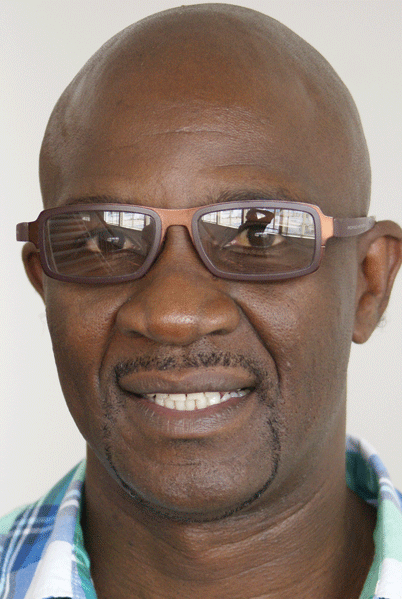
IN last week’s news, there were two stories that could be prone to mischievous interpretations.
The first was on the pardon of a former notorious officer in apartheid era. The second was on the death of a former South African police commissioner Jackie Selebi.
These events strengthened our belief that the worst of our present misfortunes is our great difficulty in the face of whatever event, in distinguishing the victims from the oppressors.
Regardless of what transpires, our intellectual response is avidly to pursue the root causes and seek out the probable guilty parties.
However, before long we stop short in be wilderment, the causes appear numberless the reality too tortuous and complex for human judgment.
We have come to recognise that no event, public or private, can be considered or judged in isolation, for the more deeply we probe the more we find infinitely ramifying events that preceded it.
In such subterranean labyrinth, tracking down the guilty and the innocent seems a hopeless quest. The truth darts from place, slipping and sliding in the dark like a fish or a mouse.
If we probe deeply, we come to realise that there is no human being who has not suffered injustice, no human circumstances that do not merit understanding. However, with such universal understanding, no one remains to be judged or condemned.
- Chamisa under fire over US$120K donation
- Mavhunga puts DeMbare into Chibuku quarterfinals
- Pension funds bet on Cabora Bassa oilfields
- Councils defy govt fire tender directive
Keep Reading
Individual responsibility and moral judgment are apparently doomed to vanish from the face of the earth. Those of us who are older can vividly recall a not too distant past when taking one side or the other and distinguishing justice from injustice was a matter of the utmost simplicity.
Truth’s likeness was clear, unmistakable and unshakable, it was close at hand and we always knew where to find it. We could never have imagined that one day it might seem hidden and elusive.
Events were simple to judge, presenting themselves in primary colours, with truth’s limpid, radiant image shining above them. Not only was our conception of reality far less vast and cluttered, so that we could act in good faith on our indignation or our approval, we had no inkling that innocence and guilt are so often mingled tangled is such tight knots that human beings with their crude and inadequate yardsticks and their faulty senses are quite unable to unravel them.
We had no inkling that human beings are weak and without the resources to grasp the complexity of world events. This awareness of our inability to distinguish the truth and pursue it through its endless implications explanations and ramifications is a source of profound misery.
When confronted with some specific act that would inevitably be labelled cruel or unjust, we tell ourselves or we are told ,that even more unjust, more cruel and more bloody acts are taking place in other parts of the world.
Thus, the sense of outrage is always deferred or projected elsewhere. When we think we can pin the evil and guilt on a specific person on whom we long to vent our legitimate loathing, we tell ourselves or we are told, that behind that person stand institutions, a maze of powerful vested interests and that if we consider his position carefully, he too is ultimately no more than a defenceless and guiltless victim.
We have learnt that our outrage at or endorsement of individuals is of no importance, the important thing is not to be outraged or supportive but rather to examine the causes and origins of every event.
Whether we are witnesses or protagonists our instinctive reaction to whatever happens in private or in public, is in anger or approval. Weighed down by love and hate, we are forever seeking a place to unload them.
We cannot, however, find the right place or the right person, since we tell ourselves,or we are told that individual responsibilities in such complex matters are of minimal importance, and so we carry around this terribly heavy burden of love and hate, not knowing what to do with it until it rots and withers in our arms, then drops to our feet.
All the while we gaze fixedly at reality, our eyes glazed with weariness and universal commiseration.
To grant any value to our moral judgment is too daunting, to use it feels too shameful, all we have at our disposal today is a vast compassion for ourselves and the world at large.
With universal compassion, surely we cannot go wrong .It is the one feeling we can give ourselves up to without fear of error.
Such a flood of pity, in ourselves and others may seem bizarre, given that our world and it’s vicissitudes are consummately cruel and pitiless, offering not the faintest glimpse of the profound pity that imbues us.
Then again our compassion is informed neither by intelligence nor by any real will to improve the world or ourselves. It is merely the result of fatigue and confusion, like a nervous outburst of tears that leaves us prostate but unchanged.
In any case, tears cannot lead us astray for without a doubt the world we find ourselves in has earned them.










